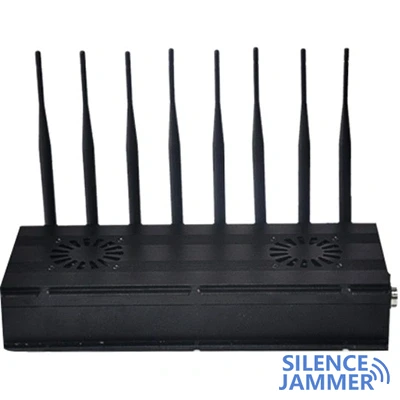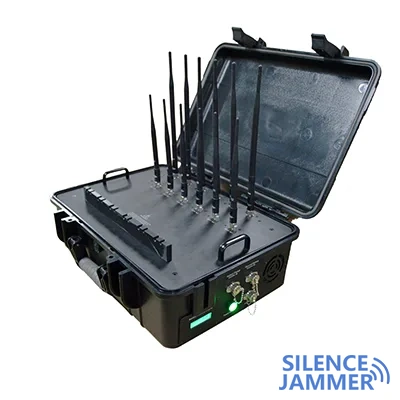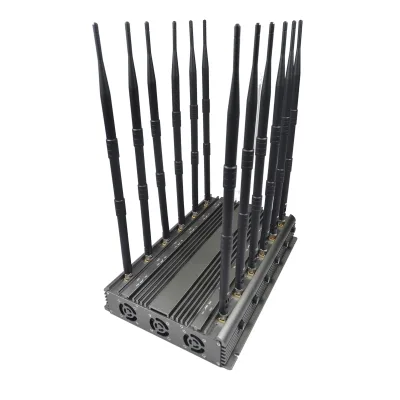Georgia Government Pushes for Implementation of 3G 4G Cell Phone Jammer Devices
Georgia Attorney General Chris Carr recently called on the Federal Communications Commission (FCC) to take steps as soon as possible to allow correctional facilities, including state prisons and local jails, to use phone signal jammers. The use of this technology is currently strictly prohibited by the FCC, and the ban also applies to state and local governments. However, the presence of contraband cell phones in prisons and jails has long been beyond the control of administrators and has been used to plan violent attacks and other serious crimes, posing great security risks to correctional officers, visitors, prisoners and the public.

Attorney General Carr said that the most direct way to protect the public from the threat of contraband cell phones is to introduce cell phone jammertechnology in prisons and jails. However, the FCC's ban makes this security measure impossible to implement. Carl pointed out that this outdated FCC guideline actually limits the legitimate tools of law enforcement agencies, increases the risks of correctional officers, and allows criminals to continue to expand their criminal networks inside and outside prisons. The Georgia government remains committed to combating all forms of violent crime, so Carl continues to call on the federal government to eliminate this major obstacle in the field of public safety.
The harm of contraband mobile phones and the implementation of the prison revolution of mobile phone signal jammer blockers
- In 2023, a total of 8,074 contraband mobile phones were seized in Georgia correctional institutions, and 5,482 have been seized so far in 2024. Carl pointed out that these contraband mobile phones are not only large in number, but more importantly, they have been used to direct criminal activities. For example, the incarcerated leader of the notorious "Yves Saint Laurent Squad" street gang used a contraband mobile phone to issue instructions and assassinated an 88-year-old Georgia veteran. In North Carolina, an incarcerated gang leader used a mobile phone to plan the kidnapping of a prosecutor's father. In California, prison gangs have ordered murders and drug trafficking within the prison system through cell phones.
- Tyrone Oliver, director of the Georgia Department of Corrections, said there are numerous cases across the country showing that contraband cell phones have become lethal weapons in the hands of prisoners, allowing them to continue their criminal activities. Oliver said they are deeply angry about these actions that continue to endanger the public, and pointed out that as attempts to infiltrate prisons with contraband cell phones continue to escalate, access to cell phone jamming technology is essential to combating these activities. He also thanked Attorney General Carr for his continued support for public safety and prison security operations.
- In his letter to the FCC, Carr also mentioned that the FCC is currently based on regulations enacted in the early 1990s, when prison inmates had not yet begun to use contraband cell phones on a large scale for illegal activities. Carr emphasized that the legal provision 47 USC § 333 does not prohibit the FCC from revising its position to allow state governments to use cell phone jammer devices in prisons. In fact, the U.S. Bureau of Prisons has recognized the potential value of 3g 4g 5g cell phone jammers and has been approved to use jamming devices in several federal prisons, at least one of which is located in Georgia.
State Attorneys' Offices Determined to Implement Prison Reform
To promote this change, in January 2023, Carr joined a coalition of 22 state attorneys general to urge congressional leaders to pass legislation allowing states to deploy cell phone blockers in correctional facilities. Carr's gang prosecution unit also worked with the Georgia Department of Corrections (GDC) to investigate and prosecute incarcerated gang members and individuals suspected of transporting prohibited items to GDC facilities. This series of measures shows that the Georgia government is determined to combat the problem of prohibited phones in prisons and protect the safety of the public and correctional officers.





